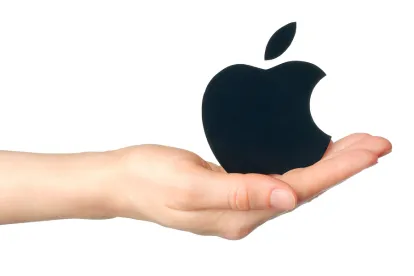In a 5-4 ruling issued on Monday, the U.S. Supreme Court in Apple Inc. v. Pepperdetermined that iPhone users may proceed with their claims against Apple over its alleged anticompetitive app store practices. The decision upholds the Ninth Circuit’s finding that the plaintiffs are direct purchasers with standing to bring their claims against Apple.
The interpretation of this key issue — whether the plaintiff is a “direct purchaser” under the rule established by the landmark decision, Illinois Brick Co. v. Illinois, 431 U.S. 720 (1977), and therefore allowed to recover damages for antitrust overcharge injuries — is often at the forefront of antitrust actions.
In this case, the plaintiff iPhone users claimed that Apple exercises its monopoly power to charge higher-than-competitive prices for the apps sold in Apple’s App Store. The plaintiffs asserted that, as iPhone users, they are prevented from purchasing apps anywhere other than the App Store and have no choice but to pay the prices charged.
Apple argued the plaintiffs were not direct purchasers, and thus barred by Illinois Brick from bringing their claims. Because the app developers were charged the commissions, and the developers set the app prices, Apple asserted that only the app developers could have standing to claim any overcharge injury.
The Supreme Court disagreed. Justice Brett Kavanaugh, writing for the majority, stated, “The plaintiffs purchased apps directly from Apple and therefore are direct purchasers.” He further explained, “The plaintiffs’ allegations boil down to one straightforward claim: that Apple exercises monopoly power in the retail market for the sale of apps and has unlawfully used its monopoly power to force iPhone owners to pay Apple higher-than-competitive prices for apps.”
In dissent, Justice Neil Gorsuch stated the decision did not “afford Illinois Brick full effect,” because the app developers were the ones forced to pay the overcharges, and the only ones who could sue.
While this decision allows the plaintiffs to go forward with their action, the Supreme Court was careful to note that the merits of the claims remain to be decided in the district court where the case will proceed.





 />i
/>i

